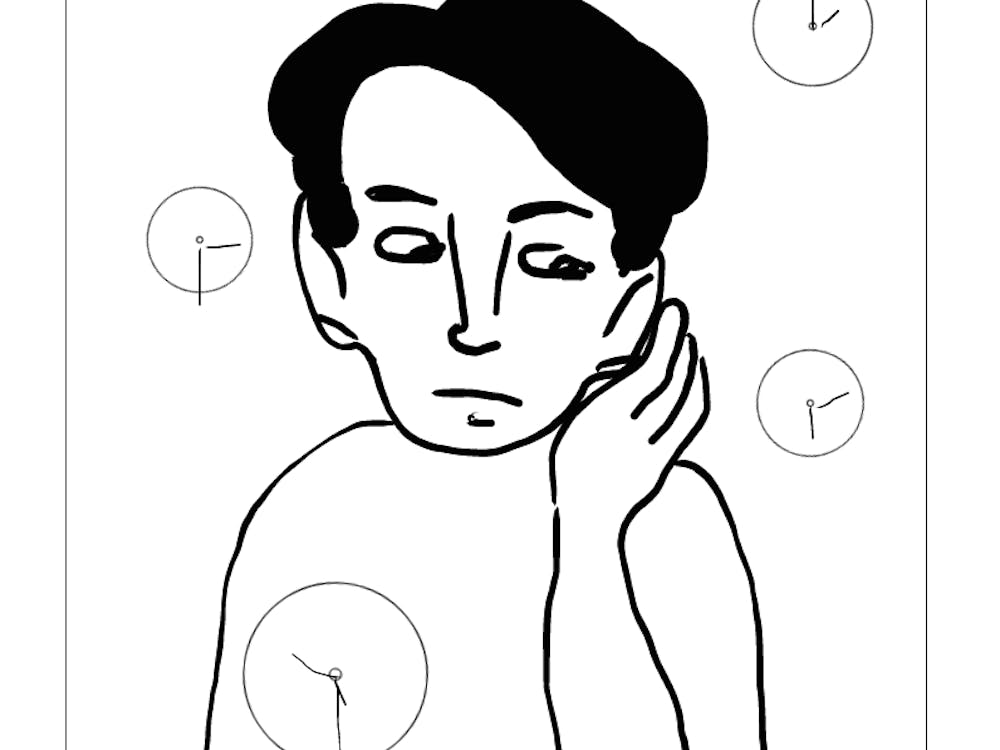The case for cash
Jon OrtA cashless economy would endanger our centuries-strong tradition of financial autonomy and accountability. Cashless platforms facilitate imprudent and impulsive spending, because we are less likely to care about the amount we spend than if we used cash.







